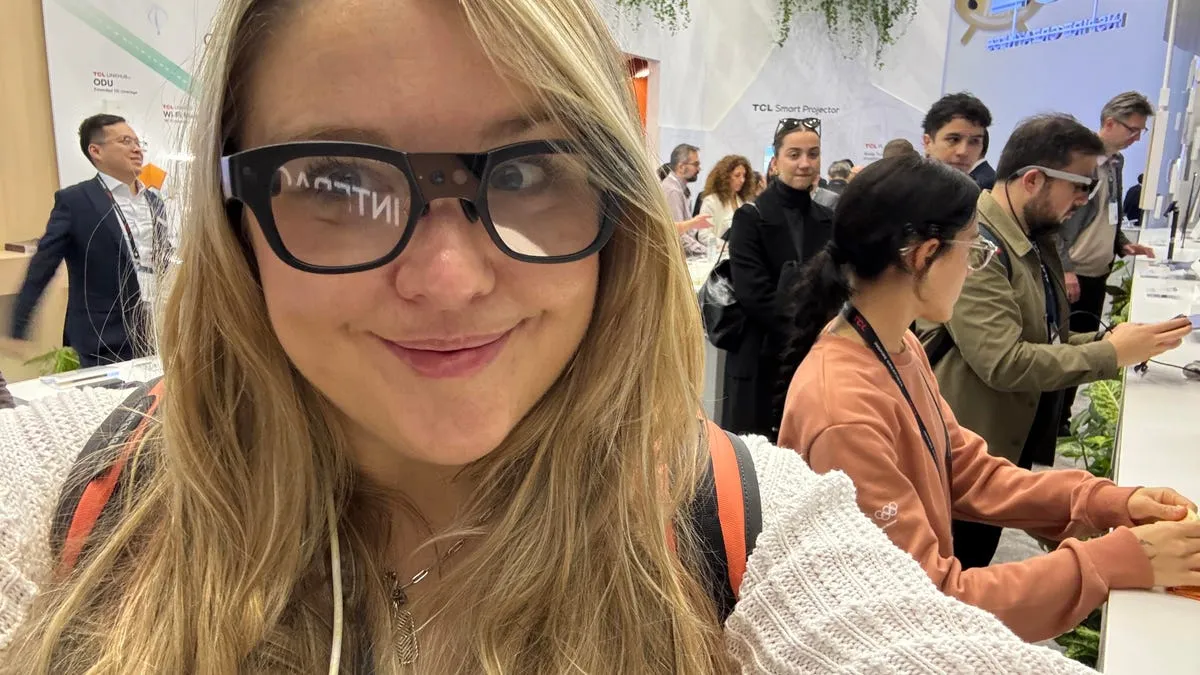
The Mobile World Congress (MWC) in Barcelona is renowned for being a hub of cutting-edge technology, particularly in the realm of mobile devices. Each year, companies flock to showcase their latest smartphones, but the event has also become a significant platform for wearable tech innovations. Among the standout exhibitors is TCL, a brand traditionally known for its televisions, which is now making headlines with its advancements in smart glasses.
One of the most intriguing products launched at MWC 2025 is the TCL RayNeo X3 Pro AR glasses. First unveiled at CES, these glasses are positioned as a formidable alternative to other popular models, such as the Meta Ray-Bans. Unlike Meta's offering, which lacks integrated displays, the RayNeo X3 Pro features advanced projection technology that allows for a seamless augmented reality experience.
The RayNeo X3 Pro boasts an impressive micro-LED light engine that delivers a stunning 2,500-nit, full-color display. This ensures that the visuals remain clear and vibrant, even in bright sunlight. Although I had the opportunity to try on the glasses at MWC, the indoor environment limited my ability to test the display under various lighting conditions. However, I found the display to be well-positioned, providing an unobstructed viewing experience.
During a demonstration at MWC, I witnessed the glasses' remarkable front-facing camera in action. It effectively scanned surrounding signs and translated text into French using artificial intelligence. While the AI translation feature was impressive, the noisy environment made it difficult to evaluate the effectiveness of the live conversation translation. Additionally, the built-in AI assistant is currently only available in Chinese, but TCL plans to launch it in English by mid-May, coinciding with the global release of the X3 Pro, priced at around $2,000.
In terms of design, the X3 Pro is significantly lighter and less bulky than previous models, weighing in at just 3 ounces. While the glasses were comfortable to wear for extended periods, I did find them to look somewhat oversized on my average-sized head—a common issue with many smart glasses. The gesture controls located on the arms of the glasses were intuitive and functioned with impressive accuracy, which is a notable achievement in wearable technology.
In conclusion, TCL has made significant strides in balancing aesthetics, comfort, and functionality with the RayNeo X3 Pro AR glasses. These glasses embody a well-conceived vision of augmented reality, allowing users to see both digital information and their physical surroundings simultaneously. However, one critical aspect we were unable to assess during the show was the battery life, which could ultimately influence our recommendation of this innovative product.